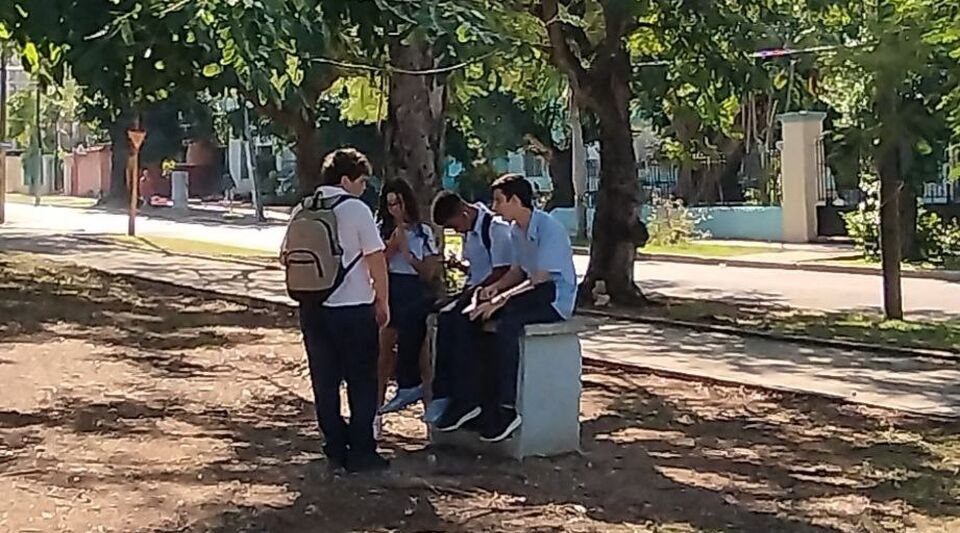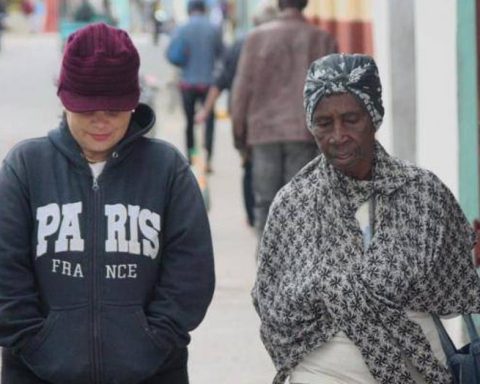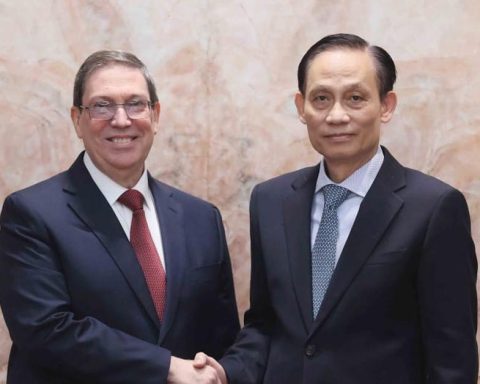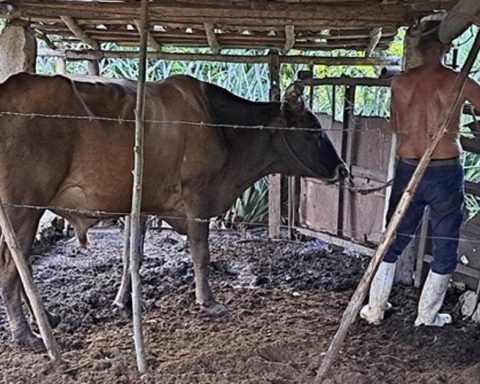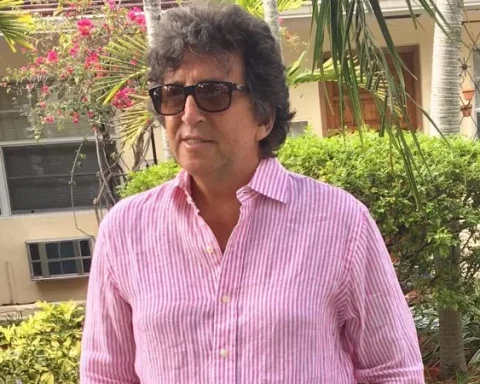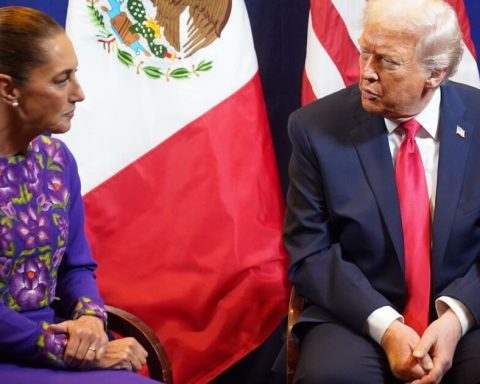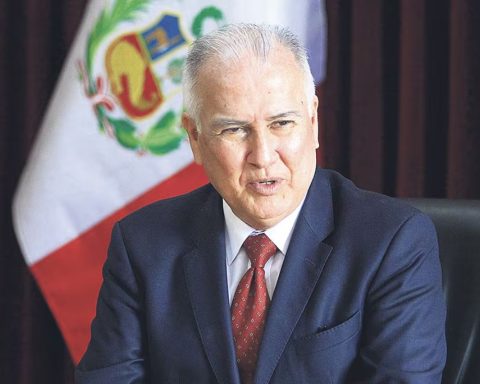Not even in Cuba, immersed in a deep economic crisis, do children stop being excited about the first day of school. Thus, this Monday, which begins the 2022-2023 cycle, the enthusiasm and the screams were palpable at the doors of the schools not only in Havana but also in other provincial cities.
Parents, yes, know well that the course not only begins out of step, once again, due to the various interruptions due to the covid-19 pandemic, but with worrying shortcomings. Hence their long faces, distant from the enthusiasm of their children.
“We are going around like crazy looking for nylon paper to cover and a bartack,” a mother from Havana complained this Monday. “And not to mention the price of backpacks or shoes, or all the notebooks that will have to be bought, because they already said that they are not going to distribute what other years.”
Indeed, the Minister of Education herself, Ena Elsa Velázquez, exposed the situation last week in the government program Round table.
“We are going around like crazy looking for nylon paper to cover and a bartack,” a mother from Havana complained this Monday. “And not to mention the price of backpacks or shoes”
On the one hand, students would receive half of the notebooks that are usually issued to them, Velázquez warned, a “tight norm” that will also apply to pencils: one per month, as opposed to the two that used to be offered.
Students will continue to use the battered textbooks that have already passed through hundreds of hands. “We have indicated the need to recover the existing ones and redistribute them”, alleges the minister, alluding to the habit of many students of “keeping” their books, often “resolved” by paying teachers the privilege of a copy in good condition .
However, Velázquez assured that the books are also available in digital format for “students who have conditions for it”, a measure that, in his opinion, will be beneficial for “those who do not have the necessary resources”. Although the course is about to start, the workbooks are only “in production”, although she warns the minister that there is little paper available at the printer.
As for school uniforms, the lack of which the population is already used to, there is a demand for 2,153,310 items, according to Mirla Díaz Fonseca, president of the Light Industry business group. According to the official, the blackouts have prevented achieving the “work rhythm” necessary for the uniforms to be ready for the restart of the course.
Thus, only 1,274,000 garments can be delivered. The rest, if the materials are obtained, will have to wait until February. Díaz Fonseca explained that not even that amount would have been possible without “a donation from China” and the “new method” of dyeing blue – at the Villa Clara textile factory – the old mustard-colored uniforms that were used in the junior high school before the design change, which took place in the midst of a serious raw materials crisis.
The uniform deficit will be felt in the establishments provided by the Ministry of Domestic Trade to sell them. Although it is customary to bribe the employees of these stores or to resell the garments, the fact that the sale takes place in only 1,900 stores will make buying even more difficult.
Those who do not reach uniforms or do not reuse the one they already had, will have to “attend the institutions with the appropriate clothing”, settled the Minister of Education. Without explaining where and how parents can buy these clothes for their children or define what he considered “appropriate”, Velázquez apologized, stating that the school year was “a challenge for everyone” and that things would be different if the US blockade did not USA, in full “recrudescence”.
In some educational centers the use of black t-shirts has been vetoed, as it is considered “an opposition colour”.
Food is another issue that will not improve and Velázquez avoided talking about it, although it mainly affects boarding schools, semi-boarding schools, homes without filial protection and basic secondary schools that follow the school snack regime.
What he did detail was that “the confrontation with cultural colonization” is, now more than ever, a priority of the educational system and its “political-ideological work system.” Invoking Fidel Castro as “paradigms” and Che Guevara, Velázquez said that the Ministry of Education has its sights on those “young people who neither study nor work,” and on teachers and directors who maintain “unacceptable” behaviors, because “indiscipline leads to crime and corruption.”
This newspaper has compiled numerous testimonies from students in primary, secondary and pre-university schools who have been prohibited from entering the classroom with pullovers that include the name of brands, posters or striking figures. In some educational centers the use of black t-shirts has been vetoed, as it is considered “an opposition colour”.
Another problem that the official media does not talk about is the gap between those who have foreign currency to buy what they need and those who do not. “And now the cell phone is a problem,” added a father from Sancti Spíritus. “Imagine that since everyone has a cell phone, my daughter also wants to, and I don’t know if we will be able to.”
As for the foreseeable shortage of teaching personnel, caused by the unstoppable migratory exodus of the last year, the authorities did not give figures, but in Havana schools they found many “new faces” among the teachers. “And not all the cloister is covered,” says a teaching source from the capital who prefers not to give his name.
________________________
Collaborate with our work:
The team of 14ymedio He is committed to doing serious journalism that reflects the reality of deep Cuba. Thank you for accompanying us on this long road. We invite you to continue supporting us, but this time becoming a member of our newspaper. Together we can continue transforming journalism in Cuba.
